This book presents a framework for the use of Socratic strategies in psychotherapy and counseling.
The framework has been fine-tuned in multiple large-scale cognitive behavior therapy (CBT) training initiatives and is presented and demonstrated with applied case examples. The text is rich with case examples, tips, tricks, strategies, and methods for dealing with the most entrenched of beliefs. The authors draw from diverse therapies and theoretical orientation to present a framework that is flexible and broadly applicable. The book also contains extensive guidance on troubleshooting the Socratic process. Readers will learn how to apply this framework to specialty populations such as patients with borderline personality disorder who are receiving dialectical behavior therapy. Additional chapters contain explicit guidance on how to layer intervention to bring about change in core belief and schema.
This book is a must read for therapists in training, early career professionals, supervisors, trainers, and any clinician looking to refine and enhance their ability to use Socratic strategies to bring about lasting change.

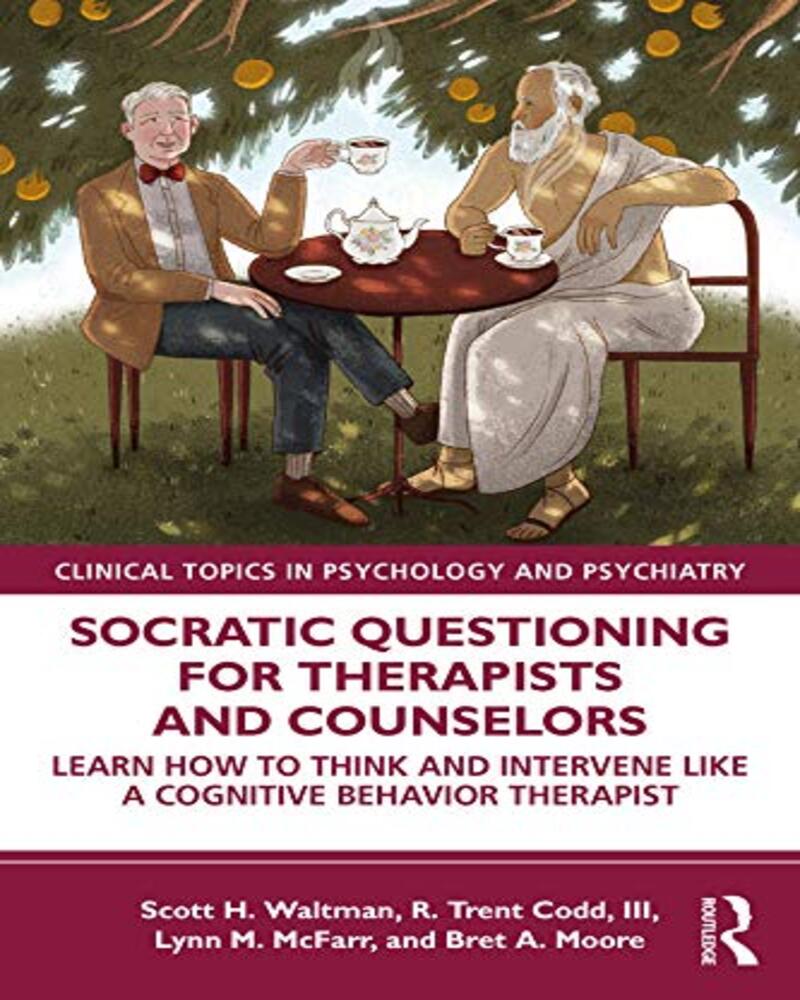

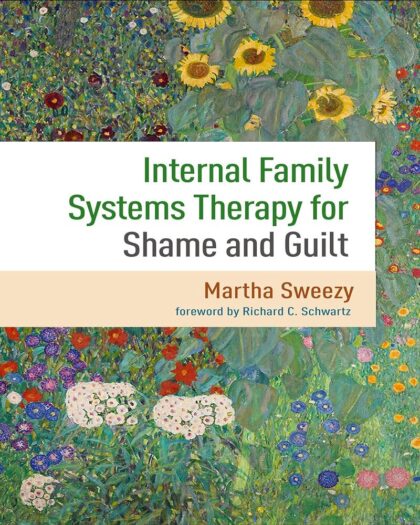
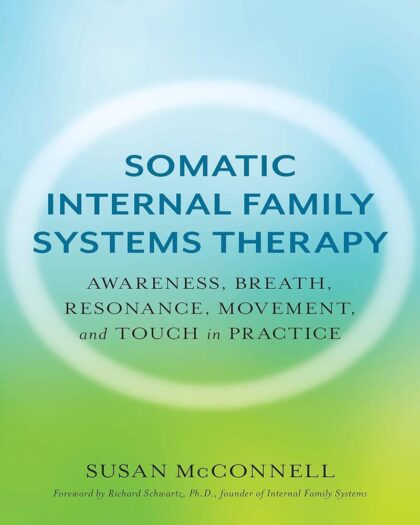
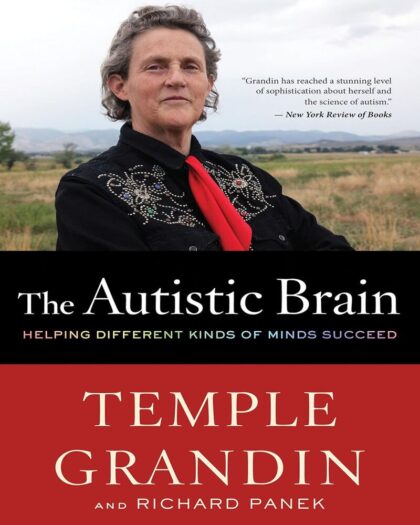
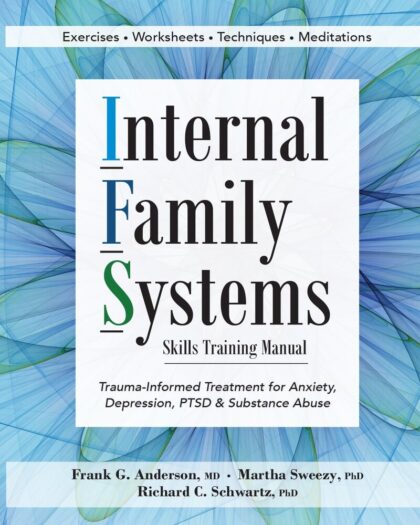
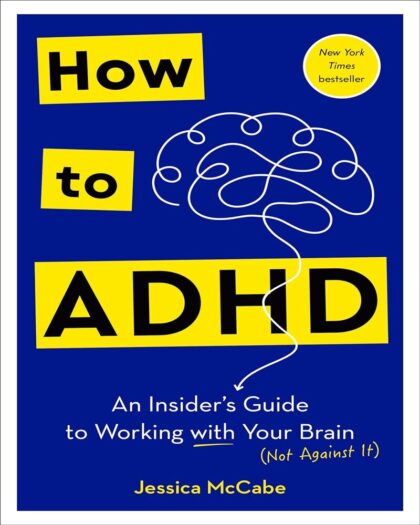
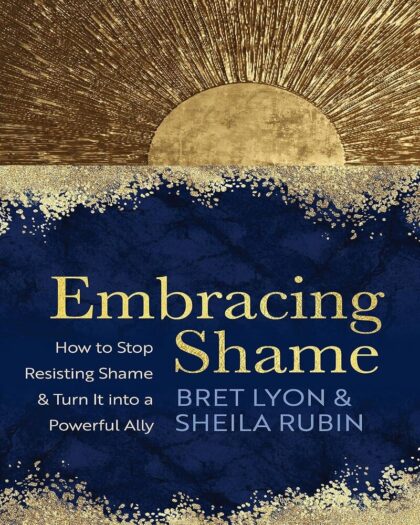
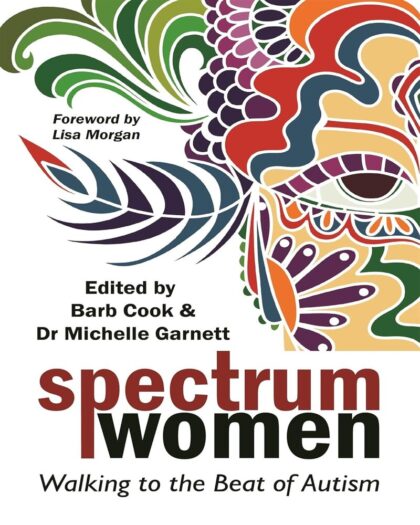
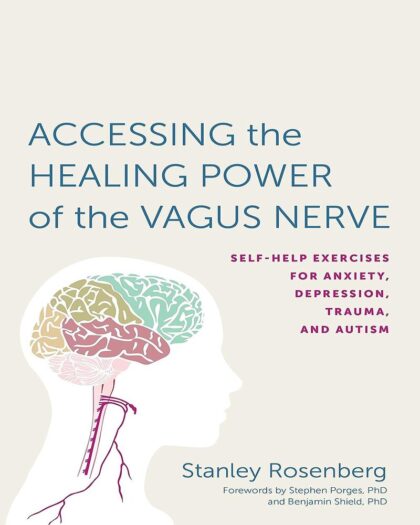
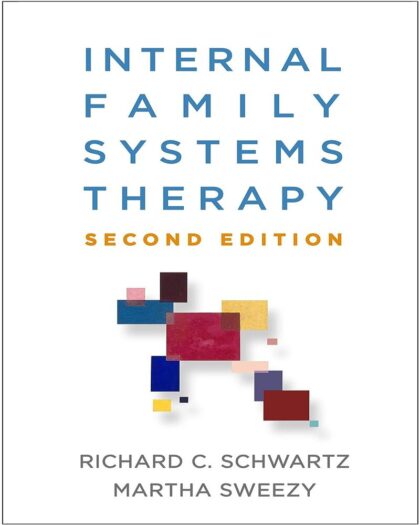
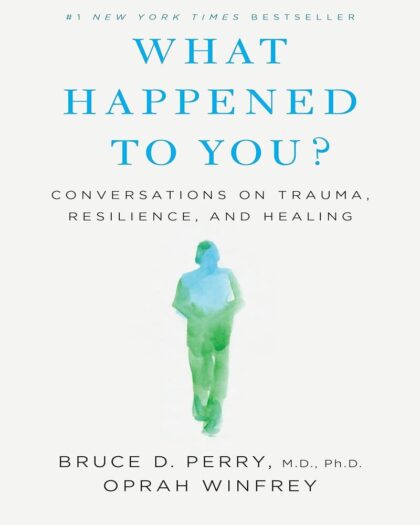
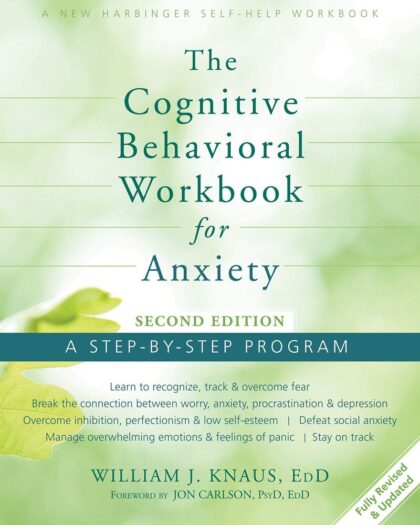
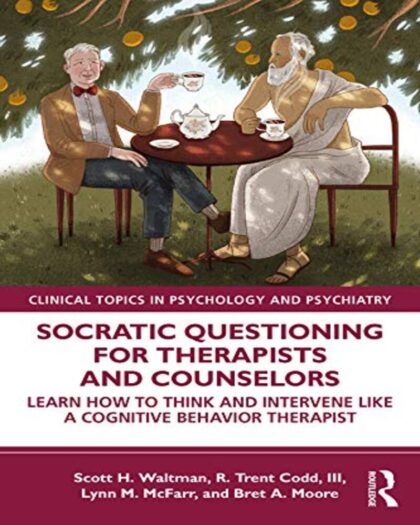
Research continues to demonstrate the importance of cognitive change strategies in helping our patients reduce their suffering and live more satisfying lives. At the same time, research also shows that cognitive techniques can be difficult for clinicians to apply effectively. And many therapists have an inaccurate, caricatured idea of Socratic dialogue as peppering our patients with questions until they submit to our view of the world.
What this book effectively shows is that, done right, helping patients identify and change thoughts and beliefs that do not serve them is a profoundly emotional, empathic, and collaborative process. Drawing on their extensive experience as clinicians, researchers and trainers, the four authors, all leading figures in the field, lay out an updated model of how exactly to use Socratic dialogue to help the patient discover for themselves what works and what doesn’t in their thinking and action.
The book is full of great detailed suggestions for how to work through the stages of cognitive change, including questions to guide the therapist’s own thought process and many extensive clinical examples. Chapters on combining Socratic dialogue with other techniques and promoting schema change are very useful. Of particular importance are the chapters on integrating Socratic questioning with Dialectical Behavior Therapy (DBT) and Acceptance and Commitment Therapy (ACT).
This is a book that I will be recommending to all of our clinical trainees and staff.
The intervention is quite powerful, because it draws on the strength of the patient with thought provoking questions. As a therapist I always appreciate strategies that force clinicians to sit in the passenger seat and allow people to do the driving. This is a MUST READ!
• The authors clearly put a ton of work into making this book engaging and informative. It’s truly an enjoyable read!
• The organization of the book is excellent: Key concepts are concisely explained, research support is provided, common misconceptions are identified, similar treatment approaches are compared, and potential pitfalls and solutions are offered.
• There are numerous, relatable case examples throughout the book that capture clients’ typical cognitive struggles along with effective strategies for responding to them.
• The rationale for the Socratic method and nuances of the approach are beautifully explained.
• Examines the common problem of trying to convince a client to think differently (“provided” rather than “guided” discovery) and how to move toward a more collaborative style.
• Shifts attention away from “positive” thinking to true and helpful thinking.
• Considers common and specific treatment factors and how to prioritize both in treatment.
• Maps out strategies for collaborative work to help clients evaluate and restructure their thoughts by considering existing evidence or conducting behavioral experiments to collect new data.
• Explores instances (e.g., emotionally dysregulated clients) in which methods other than direct cognitive work might be emphasized.
• Explains how this approach fits with therapies, like DBT and ACT, that differ in their perspectives on the meaning and importance of cognition.
• It’s an excellent resource for working through obstacles and challenges in therapy. You will want to revisit this book often.
• I cannot recommend this book enough.
Note: If you have poor eyesight like me, know that the print version of this book uses smallish font. The Kindle version allows you change the font size.
Shannan Blum, MFT
emphasized behavioral techniques over cognitive techniques. Therefore, I was ambivalent about
the use of Socratic questioning, arguably the most important cognitive technique, until I read this
book. The authors demonstrate how Socratic questioning can be incorporated into two specific
behavior therapies, with one chapter dedicated to the Socratic dialectical method of Dialectical
Behavior Therapy and another dedicated to Socratic strategies in Acceptance and Commitment
Therapy. Beyond these two chapters, every chapter emphasizes that the Socratic process always
ends with a behavioral experiment. If you are a behaviorist like me and are curious how Socratic
strategies apply to behavior therapy, then buy this book!
I am also a CBT training consultant. In my work as a consultant, I utilize a rating scale to assess
competence in CBT. However, only one item of this scale is devoted to Socratic strategies. The
authors of 'Socratic questioning for therapists and counselors: Learn how to think and intervene
like a cognitive behavior therapist' have contributed to the field of CBT training with their
development of the Socratic Dialogue Rating Matrix. If you are a CBT trainer and want to
improve your teaching and assessment of CBT skills, again, buy this book!
For me, a particularly novel and interesting part of this book was the chapters on how Socratic questioning applies to ACT, DBT, and prescribing medications. You won’t usually hear much about Socratic questioning in ACT or DBT trainings, but the authors make strong arguments that it’s not just applicable - it will elevate your practice. Highly recommended!